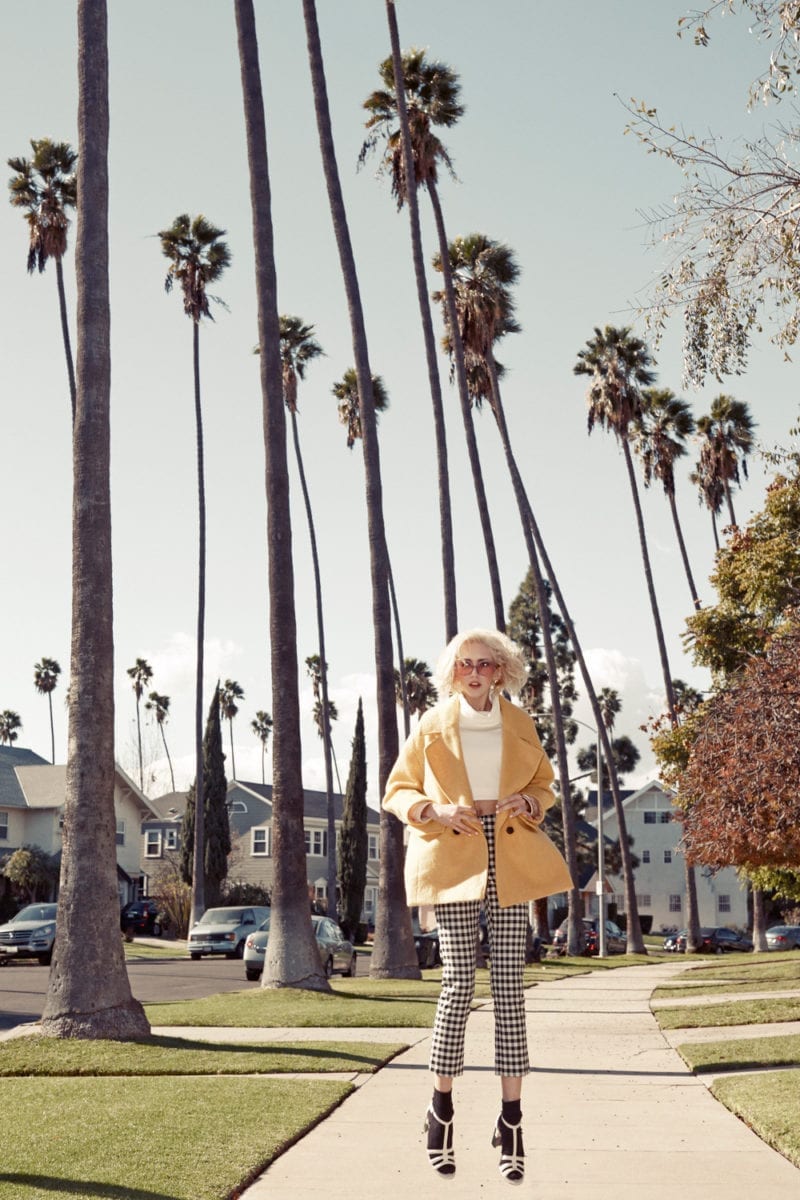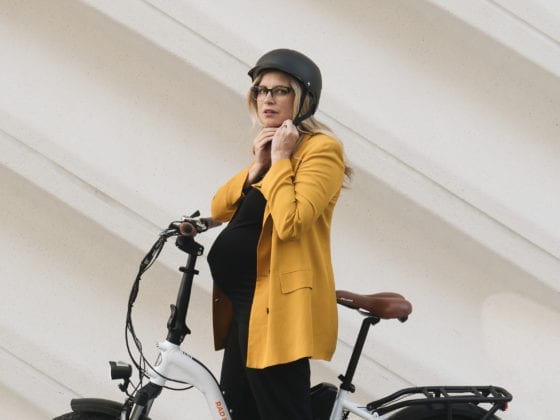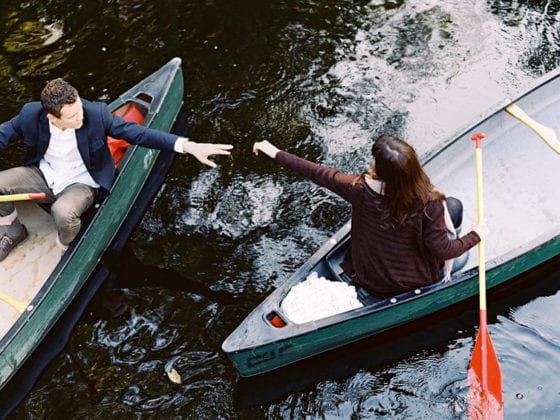One of the faint but ever-present plot lines of my childhood was this: pick up the mail, vacuum the carpets, dust the furniture and unload the dishwasher. This was my chore list.
It was a pretty standard part of growing up in the middle-class suburbs of the United States. Everyone pitches in to help with the house and takes responsibility for our home. We were not allowed to just take up space and soak in the heater on a cold day.
This same mentality applies to all human beings and the home we inhabit on earth.
Before the 80s, we were caught up more in the bliss of innovation. Things like recycling and “being green” are trends that only started to take off in the late 90s and early 2000s. Of course, for good reason. While I was always aware that we could cut down on waste more, I only recently discovered that my discipline to recycle milk cartons and cans was not making as much impact as I thought.
I only recently discovered that my discipline to recycle milk cartons and cans was not making as much impact as I thought.
At the end of 2018, 91 percent of plastic recycled around the world wasn’t actually being recycled. Most of our “recycled” products often end up in the oceans and landfills of other countries. Basically, we ship our garbage to sit in someone else’s backyard.
Turns out, this is pretty normal. For decades, China was eager to take foreign plastic from countries like the U.S., to use for fuel in manufacturing and infrastructure. In 2017, they closed their borders to foreign waste because too much of the plastic was contaminated and unusable. With a lot of plastic and nowhere to take it, 16 million tons to be exact, the United States started shipping its recycled products to countries like Malaysia and the Philippines.
The knowledge of this information shook me. Waste hadn’t seemed like a problem because someone else would deal with it, but now, we were faced with the reality that we were filling other people’s homes with it. This led to a bigger question: Even if China had kept its borders open, was it ever okay to dump our waste on their land?
It’s easy to believe that the earth and its resources are ours for the taking and that we can do with them as we please. Yet, this flawed way of thinking causes us to take for granted what we have been given. Changing our posture can do a lot. Talking about an idea can do a lot. When we see the world as something given to us versus something that is ours for the taking, we change the way we behave. This is how new ideas become a reality.
When we see the world as something given to us versus something that is ours for the taking, we change the way we behave.
Take Netflix, for example. How do you find a new show to binge-watch? When someone talks about it enough, you find a show to add to your queue. The same thing happens here. The amount of conversations surrounding sustainability efforts (such as when I buy used clothes or try to reduce the amount of waste with my soap product purchases) is another means of circulating the idea of sustainability.
Right now, efforts are being made in order to right our past behaviors. While this is great, it is still reactionary. Governments and businesses are trying to shift an entire generation into new systems when they grow up accustomed to a completely different way of life.
Imagine if we taught the current and next generation of young people to care for this earth. They would grow up willing and ready to take more responsibility for their world. Can you imagine? Tomorrow’s leaders, business owners and government officials, growing up and stepping into positions of influence with ideas already in place to look out for the world.
Imagine if we taught the current and next generation of young people to care for this Earth.
Quick solutions, like composting, recycling, using things you already have and buying bulk instead of pre-packaged goods are incredibly important. Yet, the long-game starts with our heart postures. We must start with looking at our own ideas of the world.
We start by reminding ourselves that the clothes on our backs and the food on our tables began in the soil we walk on. We start by educating ourselves so we can teach those around us. Start with what you can do, and do it. It might just change everything.
Do you ever feel overwhelmed by sustainability? What are some sustainable practices that you follow?
Image via We are the Rhoads, Darling Issue No. 7












1 comment
Yes, I do find it to be overwhelming but I really want to do my part. I try to start small like by not using plastic water bottles unless it’s an emergency and shopping locally when I can. Thanks for sharing these ideas.